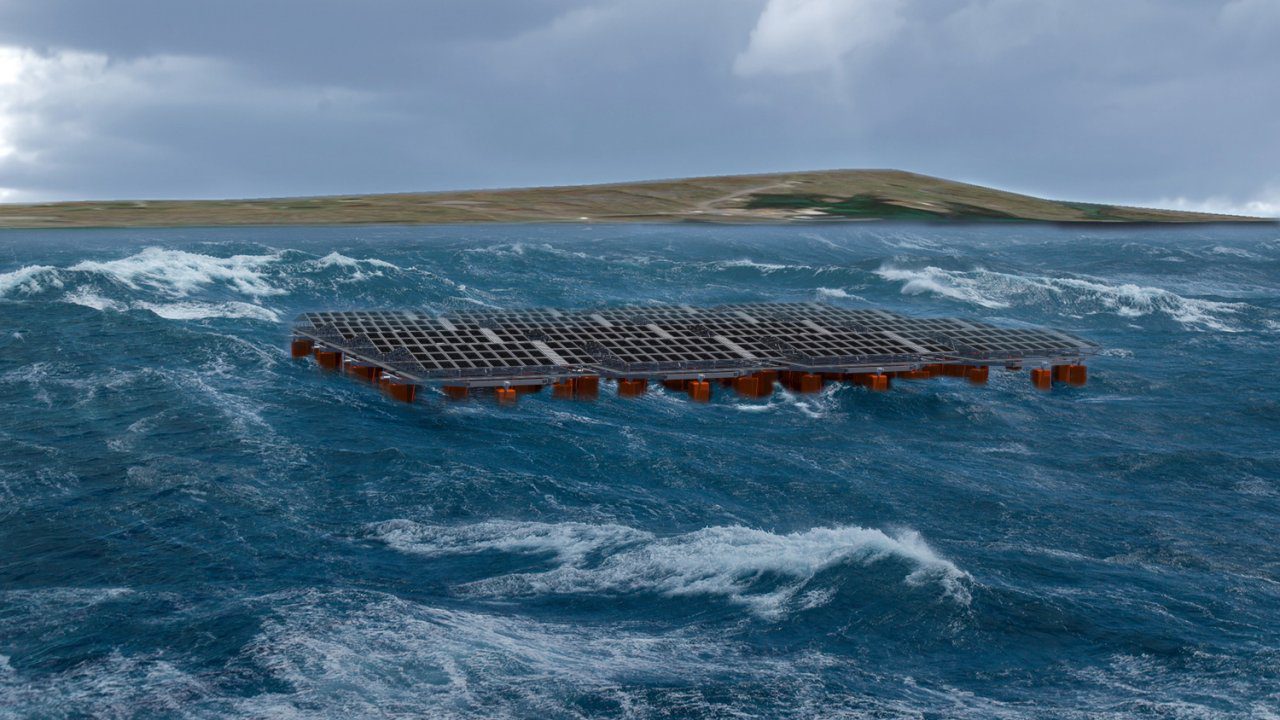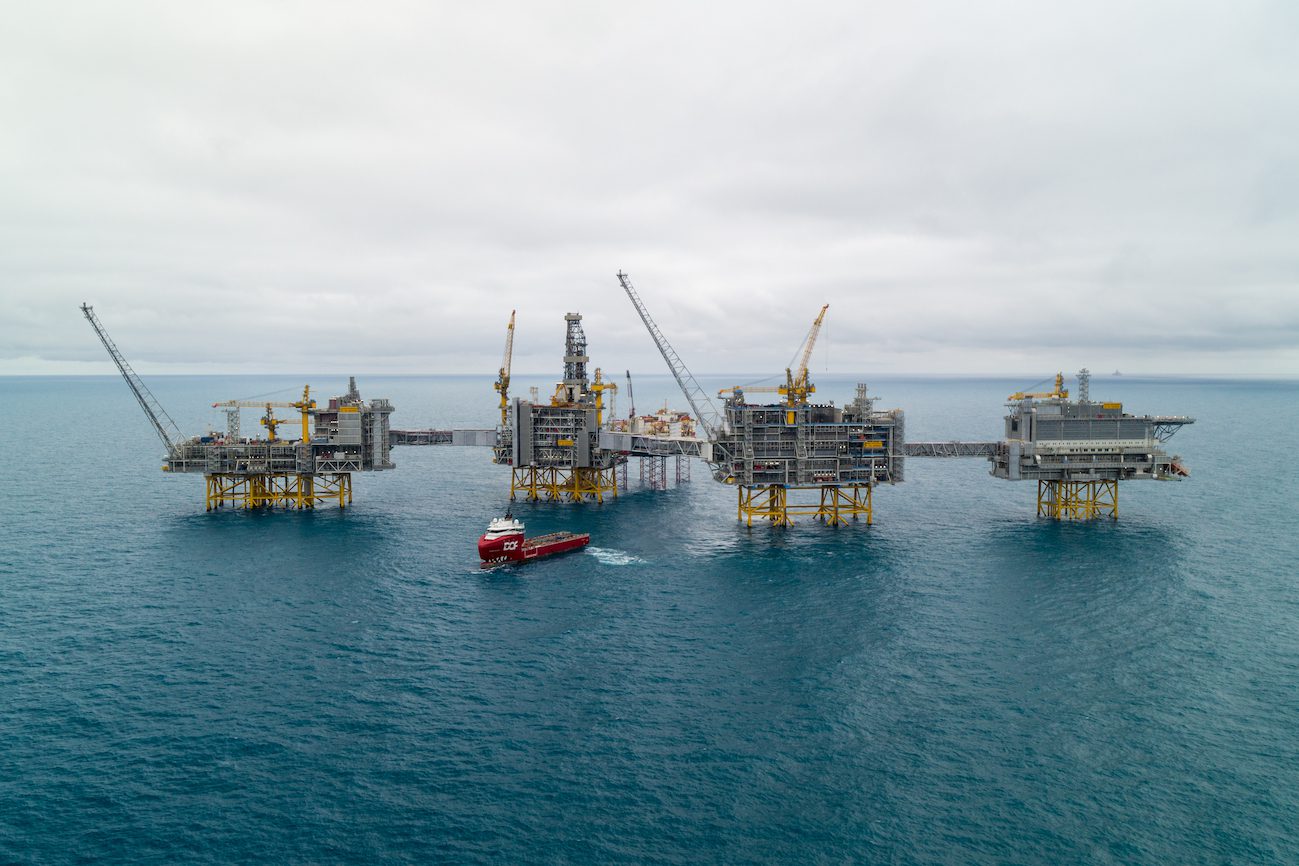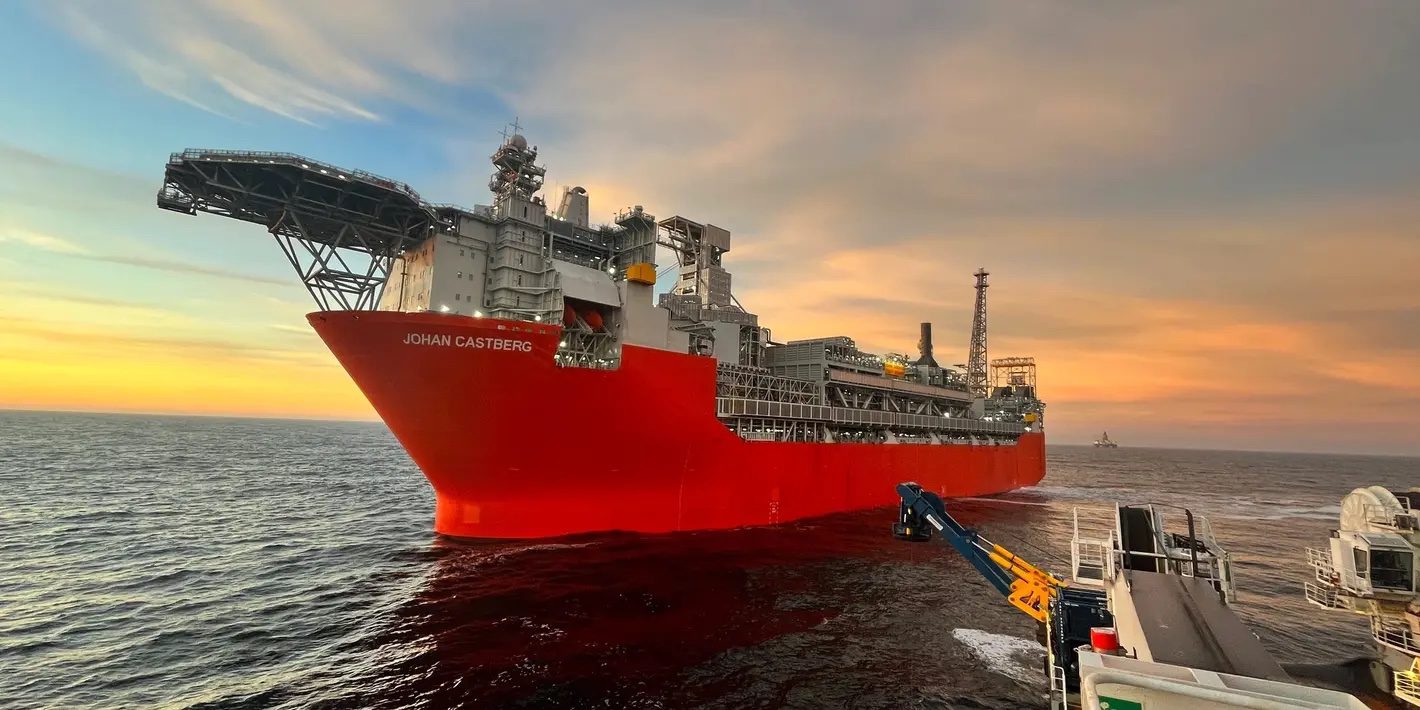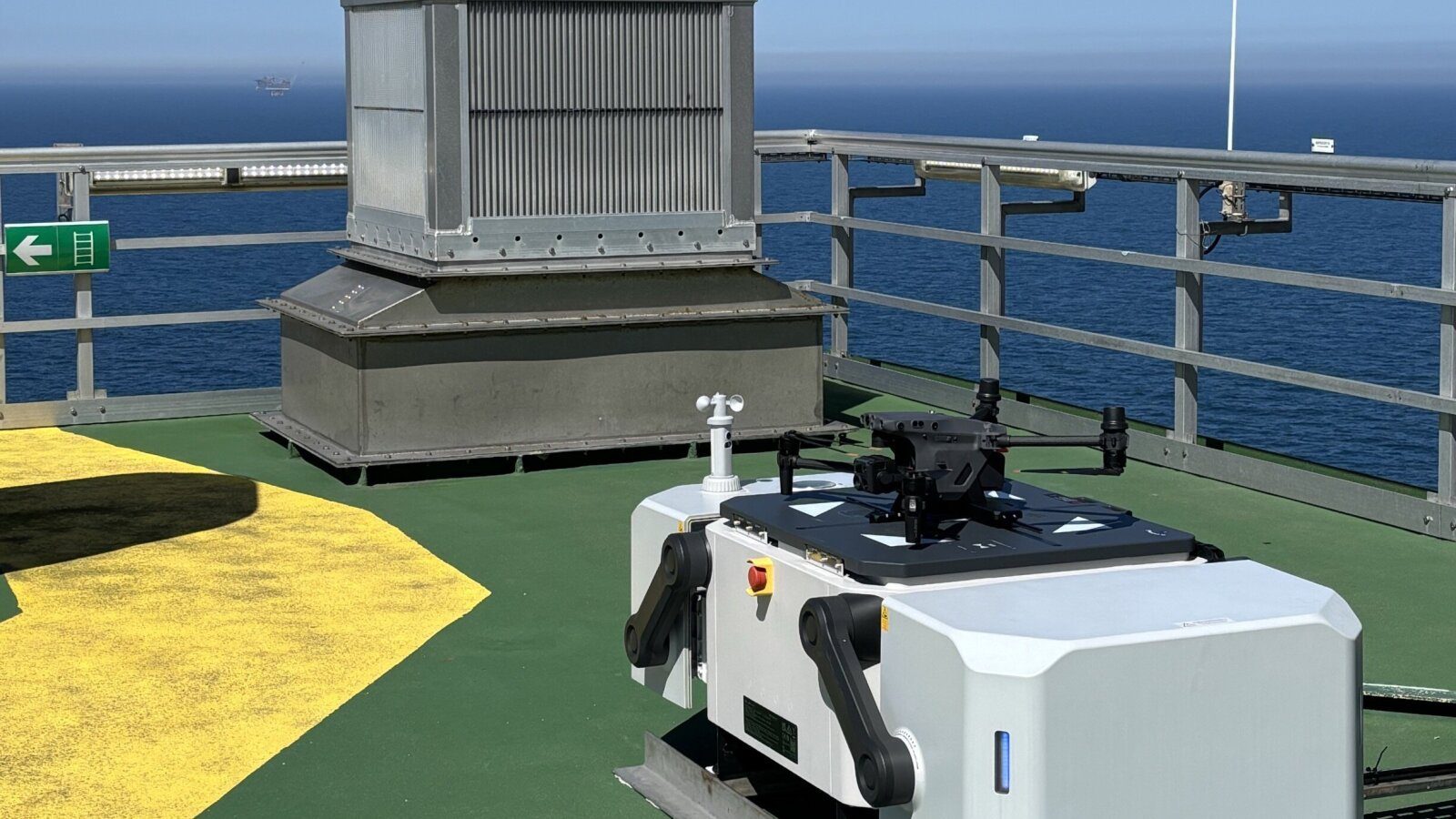Norwegian energy producer Equinor is taking on a project to test floating solar power off the not-so-sunny coast of Norway.
Equinor announced Thursday that it has partnered with Moss Maritime to start testing a floating solar farm off Frøya Island, located only about 200 miles south of the Arctic Circle along the western coast of the country.
“If we succeed here, we can succeed anywhere,” says Hanne Wigum, head of the company’s technology unit focusing on wind and solar power.
Planned to measure 80 square meters, the plant will be less than 3 meters above the surface at its highest point and, according to plans, it will be tested for a minimum of 1 year. Any power produced will be transmitted to the Frøya power grid.
Equinor says the floating plant could be operational as soon as late summer, making it the world’s first pilot project for floating solar power in rough waters.
But the purpose of the project is not to see how much energy it can produce, rather how weather conditions impact power production. “The Norwegian coast and continental shelf are world-class when it comes to oil, gas and wind, but when it comes to sun, other regions offer better conditions,” Equinor recognized in its media release.
Historical weather data shows that Frøya sees sunny days only about a handful of times per month, compared to a place like Arizona where the sun shines just about every day.
The Frøya project is actually one of three that Equinor is involved in testing the capabilities of floating solar power. A second is also underway in calm waters off Sri Lanka and the third on a lake in the Netherlands, each testing different concepts that could help in future projects.
While Equinor has not made any decisions related to floating solar power projects beyond those three research and development projects, it recognizes the potential of photovoltaic technology and its modernization in recent years.
“We choose to perform several research projects in parallel because of the rapid growth within renewable energy. This enables us to acquire optimal knowledge about this as early as possible”, says Wigum.
Editorial Standards · Corrections · About gCaptain

 Join The Club
Join The Club











